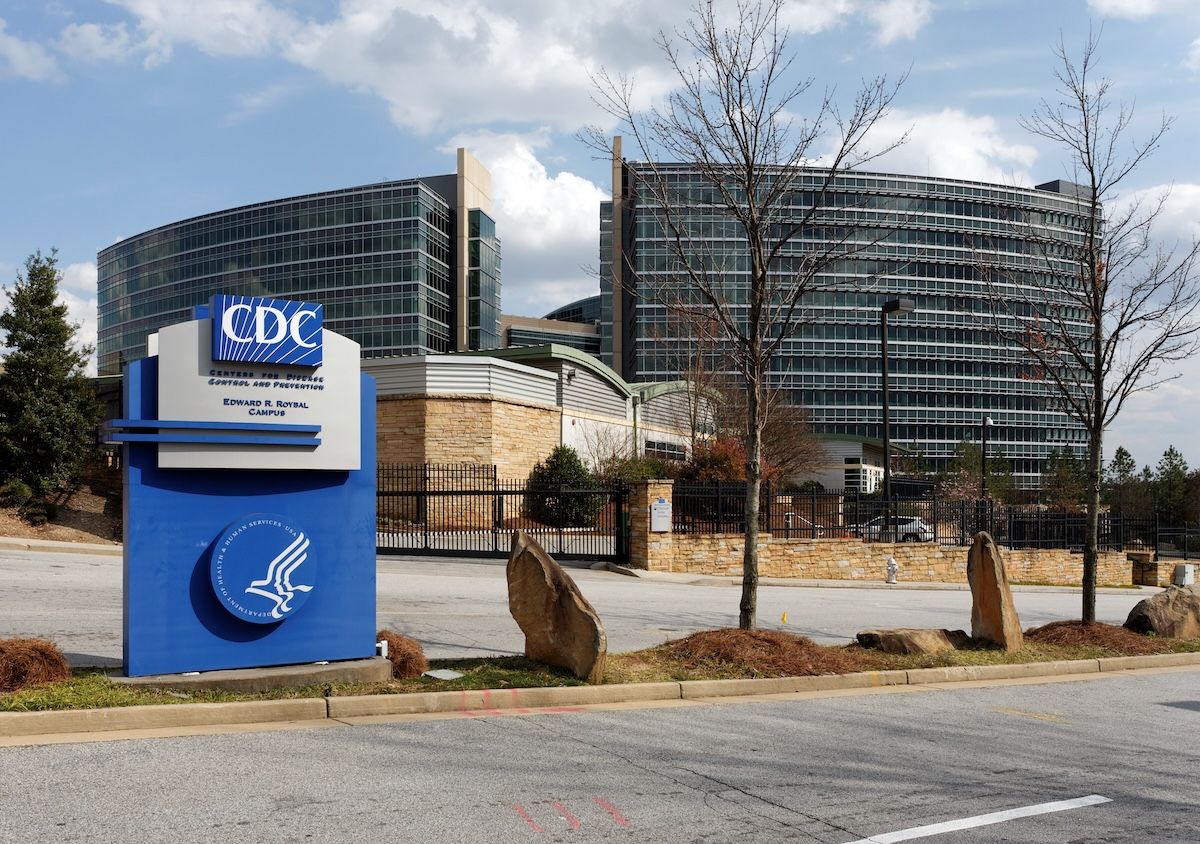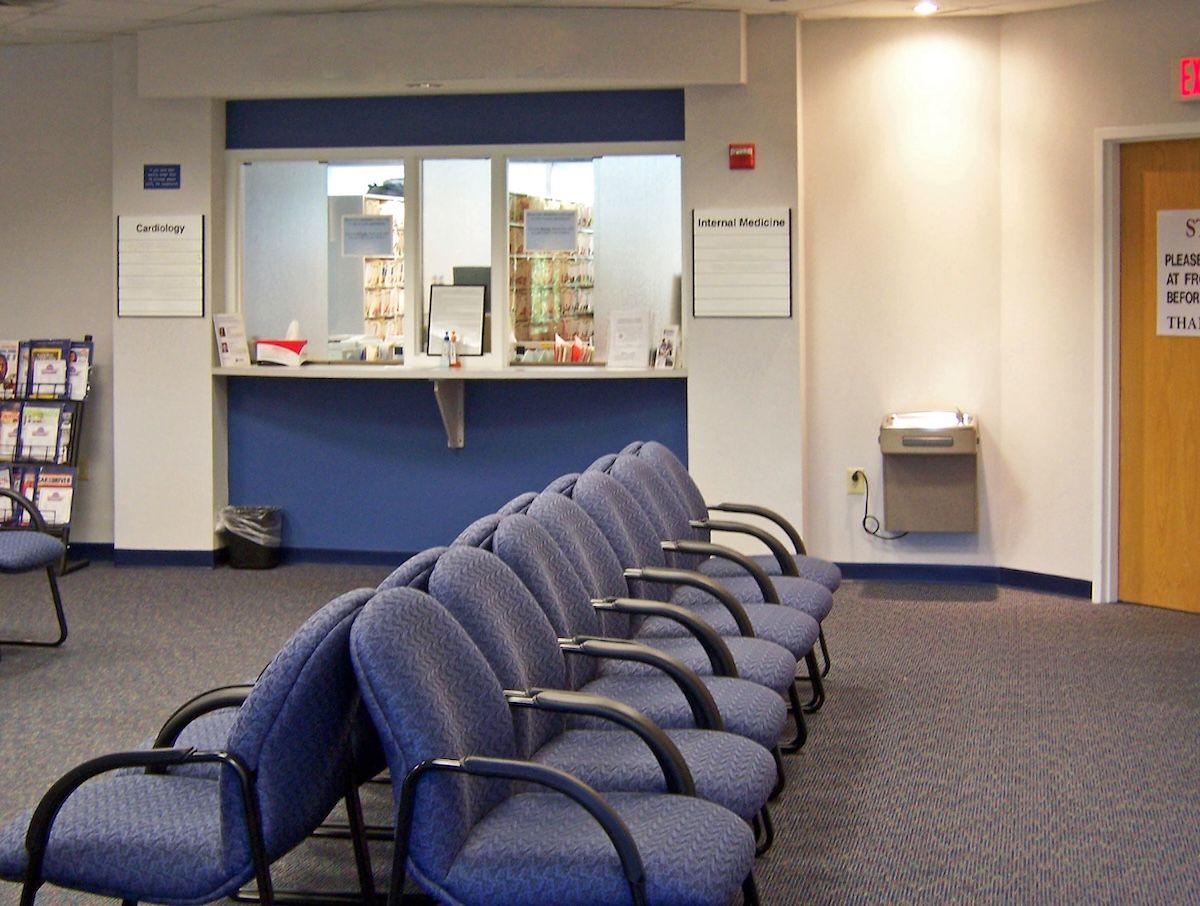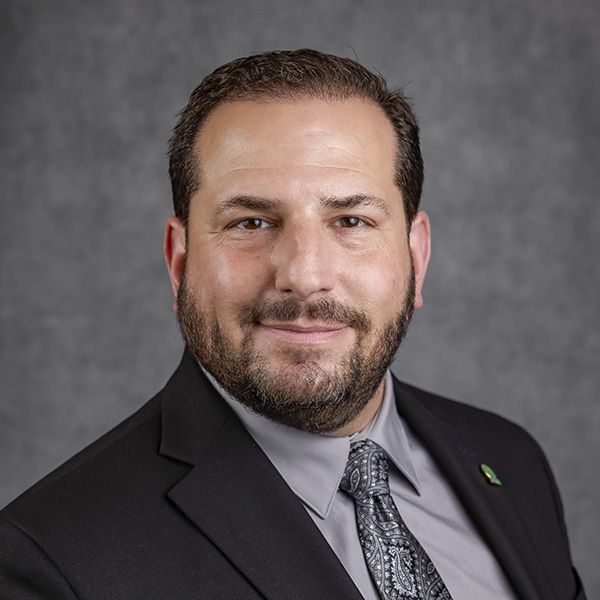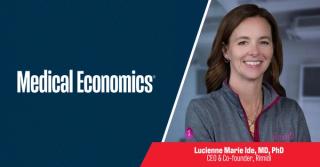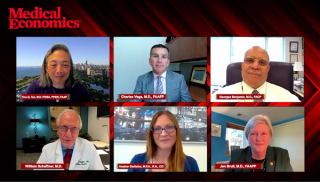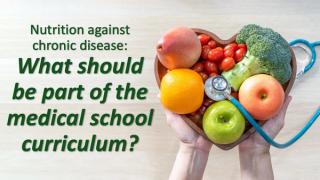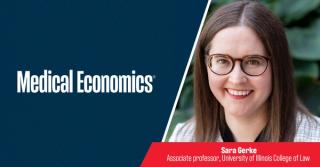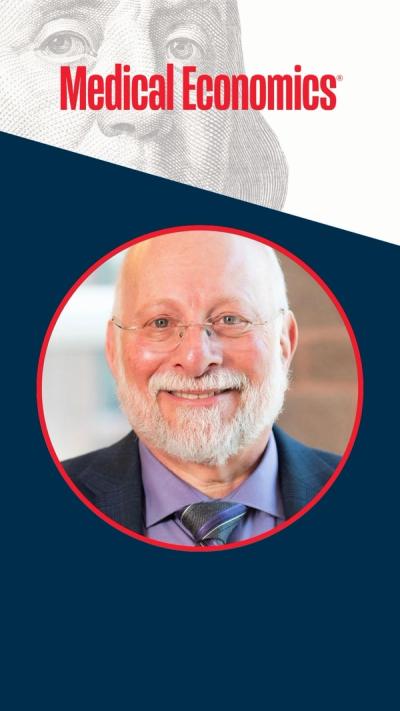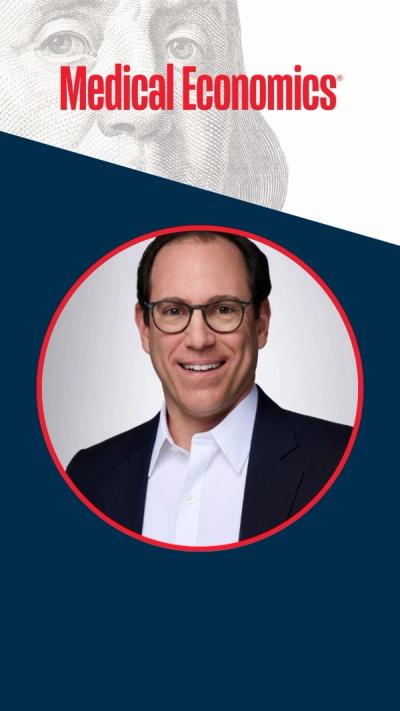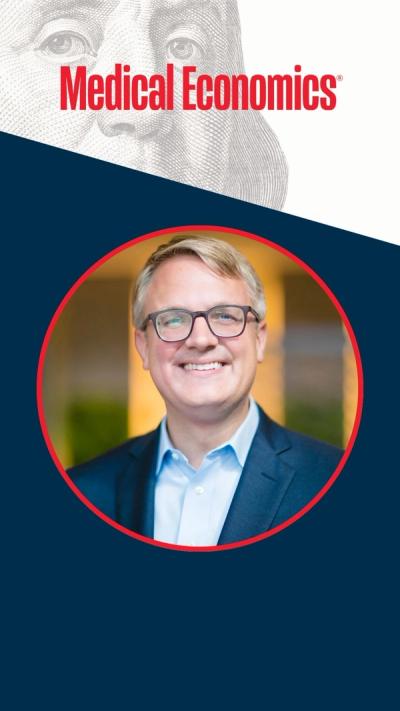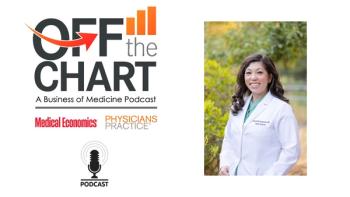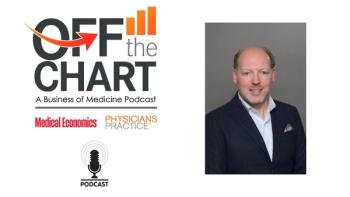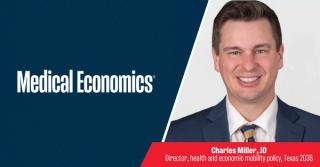
Patient Relations
Latest News
Latest Videos

Shorts
Podcasts
CME Content
More News
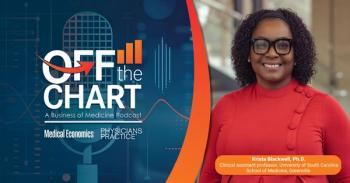
Krista Blackwell, Ph.D., joins the show to break down new CDC and American Heart Association reports on ultraprocessed foods.
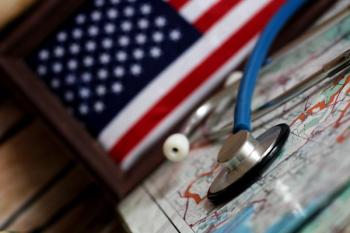
A West Health-Gallup survey of nearly 20,000 U.S. adults finds large differences in health care affordability, access and quality across the country.

A West Health-Gallup survey of nearly 20,000 U.S. adults finds large differences in health care affordability, access and quality across the country.

Offering two or more evidence-based alternatives in EHR prompts made physicians more likely to choose higher-quality care.
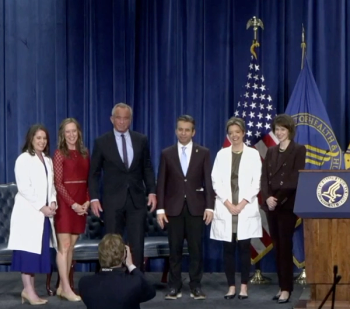
Officials say fears are unfounded for safe treatments of menopause symptoms.

Here’s how direct contracting can unlock faster cash flow, lower costs and lasting partnerships with employers.
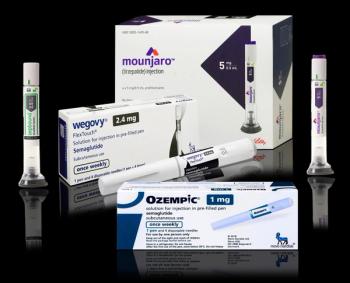
More steps are needed, including insurance coverage that could help patients.

Practices using remote physiologic monitoring expanded care access without cutting visits for other patients.
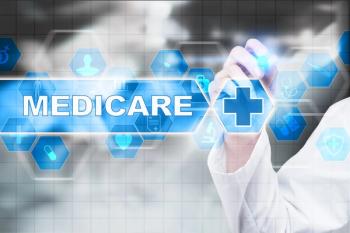
CMS announces changes to ‘deliver better outcomes for patients’ while safeguarding funds.

And why it’s time to rethink how lifesaving vaccines and other medicines are delivered.

Should nutrition, chronic disease have greater emphasis in physician training? LCME considers change
Public comment period opens for revision to medical school curricula.
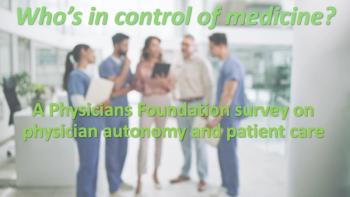
The Physicians Foundation publishes its latest poll results.
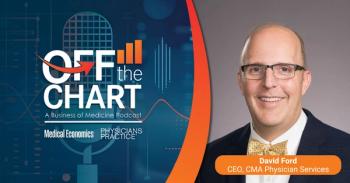
David Ford, CEO of CMA Physician Services, joins the show to explain how Medway helps independent physicians offload administrative burdens so they can focus on patient care.

Analyst Trilliant Health argues the case for major changes from inside — or new regulations from outside.

A new educational effort from Ipsen spotlights one of medicine’s most overlooked weak points: the transition from pediatric to adult care.
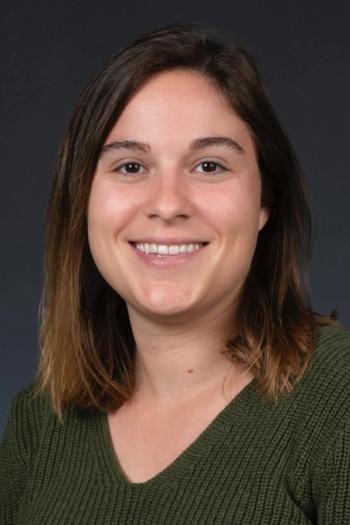
Trilliant Health’s 2025 report reveals rising costs, poor value, and shifting care trends as the U.S. health care system faces urgent transformation.

Primary care physicians may be the first point of contact for the next epidemic. Why don’t we give them the tech to detect and respond to outbreaks?

Language and treatment approaches carry tremendous weight. Here’s how physicians can make mental health treatment part of whole-person care.
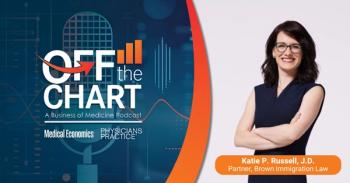
Katie Russell, J.D., partner at Brown Immigration Law, joins the show to discuss how medical practices should respond if ICE agents arrive — and how to stay compliant while protecting patients and staff.
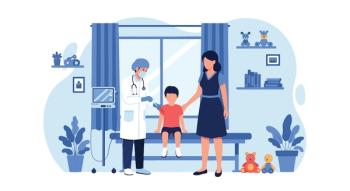
KFF and The Washington Post surveyed more than 2,700 U.S. parents on their views of children’s health, vaccines and trust in institutions. The findings reveal what pediatricians and primary care physicians are up against — and where trust still lives.

Joint KFF/Washington Post survey finds broad bipartisan support for food regulation — and sharp divides on vaccines and trust in public health institutions.

Patients are paying attention, but not all messages are true.

Text messaging enhances patient engagement, boosts medical practice revenues, and streamlines operations, making it essential for modern healthcare communication.
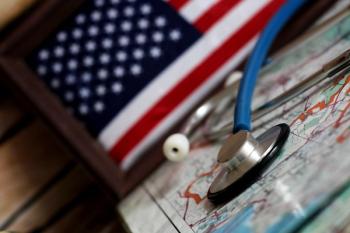
A slideshow of top counties where population is projected to grow or shrink.

The Institute for Healthcare Improvement unveils a four-step framework to help hospitals and practices measure inequities the same way, turning goals into actionable metrics.


